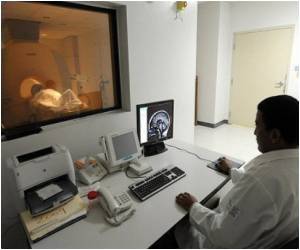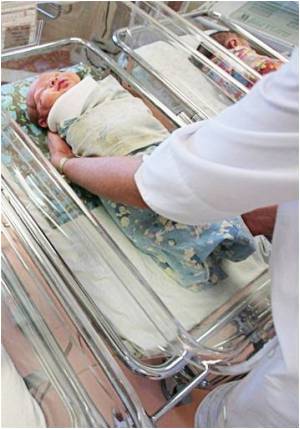New research from the National Institute of Mental Health has indicated that the brains of new mothers grew bigger in areas linked to motivation and behaviour.

The researchers performed baseline and follow-up high-resolution magnetic-resonance imaging on the brains of 19 women who gave birth at Yale-New Haven Hospital, 10 to boys and nine to girls.
A comparison of images taken two to four weeks and three to four months after the women gave birth showed that gray matter volume increased by a small but significant amount in various parts of the brain.
The areas affected support maternal motivation (hypothalamus), reward and emotion processing (substantia nigra and amygdala), sensory integration (parietal lobe), and reasoning and judgment (prefrontal cortex).
In particular, the mothers who most enthusiastically rated their babies as special, beautiful, ideal, perfect and so on were significantly more likely to develop bigger mid-brains than the less awestruck mothers in key areas linked to maternal motivation, rewards and the regulation of emotions.
Further study using adoptive mothers could help "tease out effects of postpartum hormones versus mother-infant interactions," said Kim, and help resolve the question of whether the brain changes behavior or behavior changes the brain - or both.
Advertisement
Source-ANI











